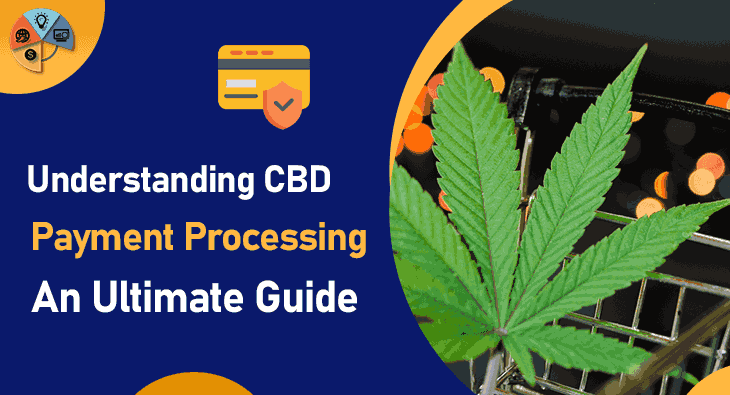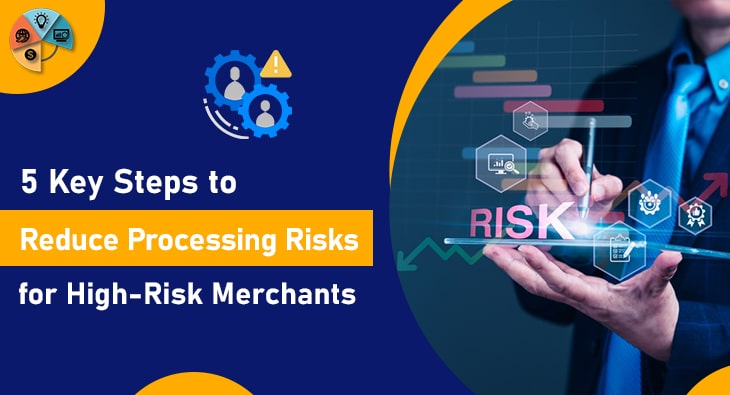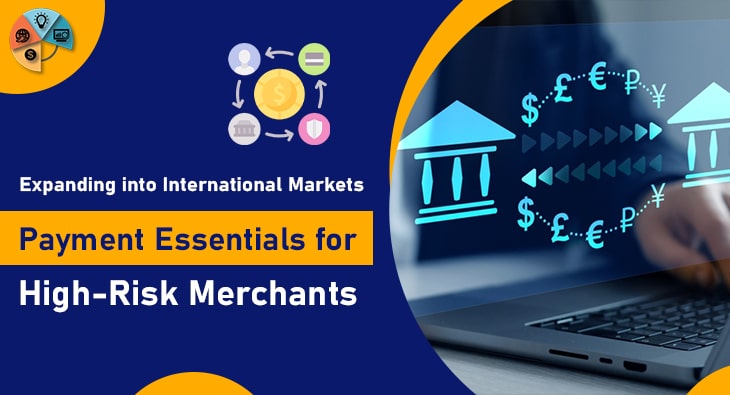CBD, or cannabidiol, has become increasingly popular in recent years for its potential health benefits. With the rise in popularity of CBD products, there has also been a growing need for secure and reliable payment processing solutions for businesses in the industry.
However, due to the legal ambiguity and high-risk nature of the CBD industry, finding a payment processing solution can be challenging. In this blog post, we will dive into the world of CBD payment processing and provide you with an ultimate guide to understanding the complexities and finding the right solution for your business.
Whether you are a CBD retailer, manufacturer, or distributor, this guide will help you navigate the world of payment processing and ensure your business’s success in the booming CBD market.
Navigating the Legal Landscape of CBD Payment Processing
The legal terrain of CBD payment processing is complex and multifaceted, heavily influenced by varying state and federal laws. At the federal level, the 2018 Farm Bill legalized hemp-derived CBD products containing less than 0.3% THC.
However, the legality of CBD remains a murky area under some state laws, impacting the willingness of banks and financial institutions to engage with CBD businesses. This hesitation stems from concerns over regulatory compliance and potential legal repercussions, making it difficult for CBD businesses to secure traditional payment processing services.
To navigate this landscape, businesses must stay informed about current laws and regulations at both the state and federal levels, as they can significantly influence payment processing options. Compliance with the Farm Bill and state laws is crucial, and businesses may need to provide lab results and product certifications to payment processors as proof of compliance.
Furthermore, engaging with payment processors that specialize in high-risk industries and have experience with CBD businesses can provide more tailored solutions and guidance through the complex regulatory environment.
Understanding the legal nuances and working with knowledgeable payment processors can help CBD businesses establish secure and compliant payment processing systems, despite the challenges posed by the legal landscape.
Some Related Blogs
- Understanding Payment Processing for Digital Goods
- Telecommunications Payment Processing: A Comprehensive Guide
- How to Choose the Right Payment Gateway for Drop Shipping
- Simplify Your Business with Dropshipping Merchant Accounts-2024
Choosing the Right CBD Payment Processor for Your Business
Selecting an appropriate CBD payment processor is a pivotal step for any business operating within this sector. First and foremost, prioritize finding a processor that is well-versed in the nuances of the CBD industry and its regulatory requirements. Such processors are more likely to offer the specialized services you need and can navigate the ever-changing legal landscape.
Look for payment processors that explicitly state their support for CBD merchants and demonstrate a deep understanding of high-risk payment processing. It’s essential to evaluate the processor’s track record in handling CBD transactions securely and efficiently. Inquire about their experience with businesses similar in size and scope to yours to ensure they can handle your specific needs.
Additionally, consider the technology and payment methods offered by the processor. A good CBD payment processor should provide a wide range of payment options, including credit cards, e-checks, and mobile payments, to accommodate the preferences of your customers. Equally important is their integration capability with your existing platforms or eCommerce websites, ensuring a seamless checkout experience for your customers.
Customer support is another critical factor. Opt for a processor that offers robust customer service, including access to a dedicated account manager who understands your business and is readily available to assist with any issues that arise.
By thoroughly vetting potential CBD payment processors against these criteria, you can find a partner that not only enhances your business operations but also contributes to its growth and success in the competitive CBD market.
The Importance of Security in CBD Payment Processing
In the CBD industry, where financial transactions are scrutinized due to regulatory uncertainties, the importance of secure payment processing cannot be overstated. Businesses must ensure that their payment processor employs advanced security measures to protect sensitive customer information and comply with PCI DSS (Payment Card Industry Data Security Standard) requirements.

Encryption technology, secure sockets layer (SSL) certifications, and robust fraud protection mechanisms are essential features to look for in a CBD payment processor. Implementing such security measures mitigates the risk of data breaches and cyber-attacks, maintaining the integrity of the business and fostering trust among customers.
Moreover, a secure payment processing system safeguards against financial loss and reputational damage, which are particularly detrimental in the high-risk CBD market. Ensuring the confidentiality, integrity, and availability of payment transactions is not just about compliance; it’s about building a reliable, customer-centric business model that prioritizes the safety of consumer data and the seamless execution of transactions in the evolving landscape of CBD commerce.
Understanding the Fees Associated with CBD Payment Processing
Understanding the fees associated with CBD payment processing is crucial for any business operating within this sector. Due to the high-risk nature of the CBD industry, payment processors typically charge higher fees compared to more traditional industries. These fees can vary widely and include transaction fees, monthly account fees, and chargeback fees, among others.
Transaction fees are a percentage of each sale processed, and they can be higher for CBD businesses to offset the risk assumed by the processor. Monthly account fees are charged for account maintenance and access to the payment processing service. Chargeback fees are incurred when customers dispute a charge, which can be a common issue in online retail.
It’s important for CBD businesses to carefully review and understand the fee structure of any potential payment processor. Some processors may also require a setup fee or impose a rolling reserve, where a percentage of transactions is held in reserve to cover potential chargebacks or disputes.
By being aware of these fees and budgeting accordingly, CBD businesses can better manage their finances and avoid unexpected costs, helping to ensure the long-term profitability and sustainability of their operations.


